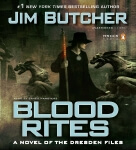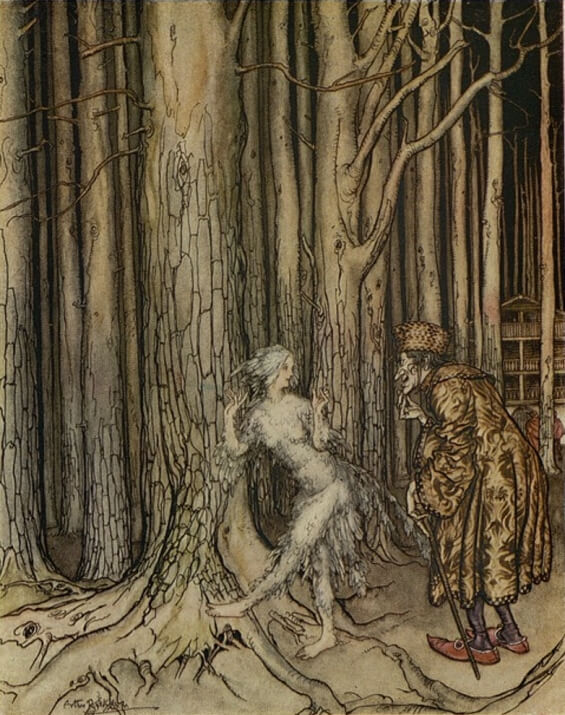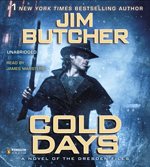
 Blood Rites (The Dresden Files, #6)
Blood Rites (The Dresden Files, #6)
By Jim Butcher; Read by James Marsters
11 CDs – 13 Hours 11 Minutes [UNABRIDGED]
Publisher: Penguin Audio
Published: April 6, 2010
Harry Dresden, Chicago’s only professional wizard, takes on a case as a favor to his friend Thomas – a vampire of dubious integrity – only to become the prime suspect in a series of ghastly murders.
I can honestly say, Blood Rites is my favorite in the series so far. Now, this was also my first audiobook of the series so that could have something to do with it. It’s hard to tell at this point, but either way, I highly enjoyed Bood Rites.
At first, I thought Marsters was a bit too serious for Harry, at least the Harry I had in my head, but the more I read, the more I realized Marsters is pretty much as perfect as you can get. Harry’s wit and constant one-liners were actually made more hilarious by this narrator who is serious for the majority of the time. I think the heightened seriousness really works better for these books because it gives you a sense of this highly dangerous world where Harry works on a daily basis.
It’s hard to separate the story from Harry himself because it’s told in first person so you’re in Harry’s head the entire time (outside of dialogue from other characters). I thought this was a brilliant way to handle it though, where you get Harry’s sense of humor through his dialogue mostly, his thoughts as well of course, but a seriousness that anchors the narrative because Harry still lives in a world of scary monsters.
I hope any of that made some remote bit of sense.
Anyhow, Blood Rites gets back into the vampires (they seem to be a pretty regular fall back for Butcher) and that makes sense because the set up has been an all-out war between vampires and wizards. Someone’s taking out people on an adult film set and Harry has to go undercover to discover who’s behind it. Of course, it goes deeper than he imagined at first and there’s where the money is for this series… Harry getting into stuff only to get beaten down and beaten on … a lot.
I struggled a slight bit with the first books in the series, but they have really hit their stride now. I didn’t even notice the typical repetitions this time (Harry disrupts electricity, Harry gets really protective of women, etc. etc.) that are explained in each volume as if no one’s ever heard about them before. It probably helps that it’s been a year or so since I last read in the series.
Blood Rites was excellent. James Marsters is so perfectly Harry Dresden it’s almost scary. What a great combination. I’ve already broken my rule of leaving a year between each Dresden file read and started on Dead Beat.
4.5 out of 5 Stars (highly recommended)
Posted by Bryce L.




 The Companions (Forgotten Realms: The Sundering, Book 1)
The Companions (Forgotten Realms: The Sundering, Book 1) Oz Reimagined
Oz Reimagined
 Proven Guilty
Proven Guilty